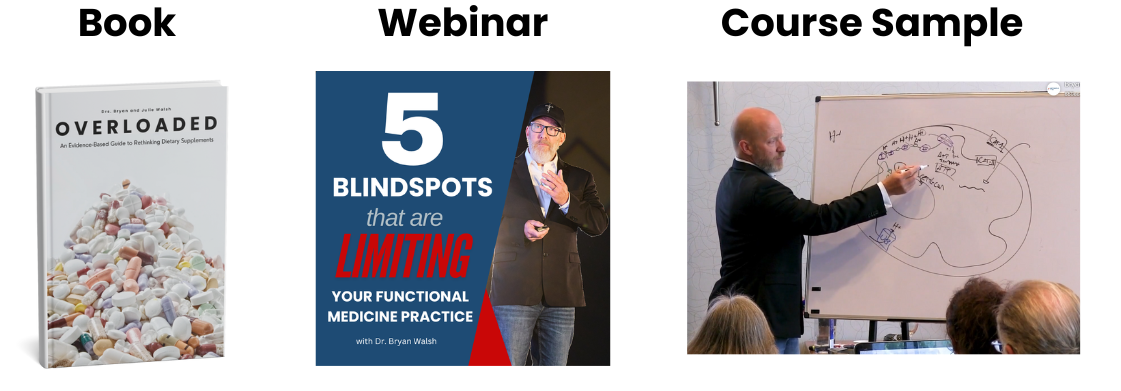Functional medicine is at a crossroads. As the field grows, so does the noise—trendy protocols, expensive tests, and influencer-driven narratives threaten to overshadow its simple, effective roots. But real progress doesn’t come from chasing the next big thing; it comes from returning to the foundations, questioning assumptions, and staying grounded in truth. The real art of functional medicine isn't found in expensive tests or complicated protocols—it's rooted in something far more fundamental: the ability to blend time-tested wisdom with modern science, all while keeping the patient at the center of our focus.
This list of 25 principles for practicing functional medicine in 2025 is a guide to reconsidering your approach. From choosing consistency over novelty to recognizing the limits of endless data tracking, these insights will challenge you to think critically, embrace humility, and focus on what truly serves your patients. Despite what some 'experts' will tell you, functional medicine thrives not on complexity but on clarity, mastering the fundamentals, the application of simple truths, and the courage to keep things simple.
This list of 25 principles for practicing functional medicine in 2025 is a guide to reconsidering your approach. From choosing consistency over novelty to recognizing the limits of endless data tracking, these insights will challenge you to think critically, embrace humility, and focus on what truly serves your patients. Despite what some 'experts' will tell you, functional medicine thrives not on complexity but on clarity, mastering the fundamentals, the application of simple truths, and the courage to keep things simple.

